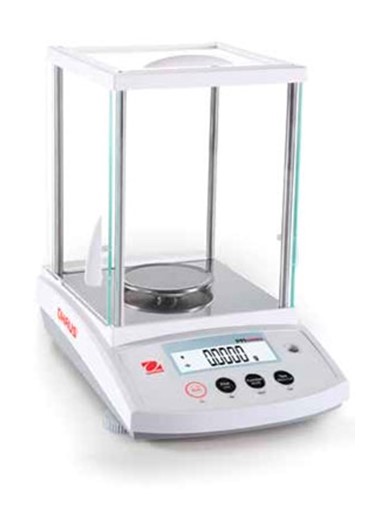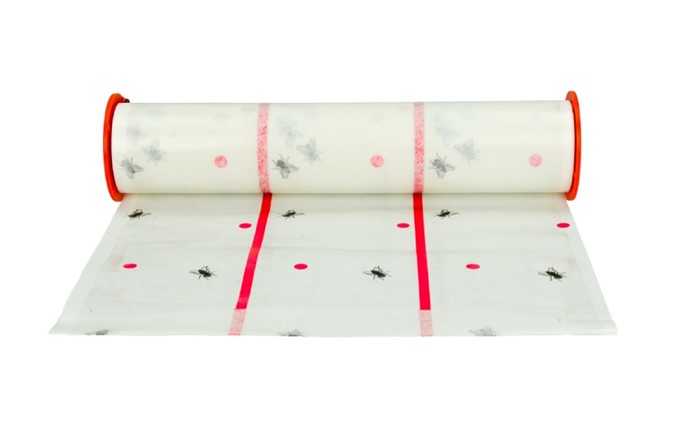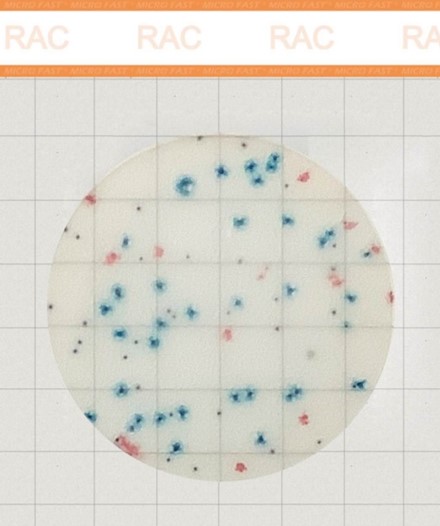The EU allowed the easing of budgetary norms for countries for spending on ammunition
The European Union is considering giving member states a grace period of up to seven years to adjust their budgets if they invest in increasing ammunition production, BLOOMBERG reported, citing European officials. The agency notes that increasing military spending is a priority after the outbreak of hostilities in Ukraine.
According to the interlocutors, the growth of military spending, including for the production of shells, will be seen as support for one of the bloc's strategic goals and will give countries additional time to balance their budgets.
The proposal is part of a move to revise the EU's Stability and Growth Pact, an agreement among European Union states on tax and budgetary policy. it should be in addition to the plans of the European Commission to support the defense industry, which will be presented next week, the agency writes.
According to the EC spokesman, in order to receive a reprieve, countries must submit proposals for reforms and investments that are "sufficiently detailed, forward-looking, time-limited and verifiable."
The Stability and Growth Pact, obliging the EU member states to keep the budget deficit at a level of no more than 3%, and the public debt - 60% of GDP, was approved in the late 1990s. It was suspended in March 2020 due to the CORONAVIRUS pandemic.
As it stands, the pact will remain in effect until the end of 2023 to allow governments to financially support households and businesses that have been hit first by covid and then by the aftermath of the fighting in Ukraine. In November, as reported by Euronews, the European Commission acknowledged that countries such as Greece or Italy, with debts exceeding 150% of GDP, will not be able to reduce them to the original target in 20 years.
Read pioneerprodukt.by “6 Types of Geniuses”: How to Stop Suffering at Work and Find Your Calling Why Russians Buy Real Estate in the UAE Three Reasons to Plan Sex A child doesn't talk. When to sound the alarmOn March 20, EU High Representative for Foreign Affairs and Security Policy Josep Borrell announced that the countries of the union had made a "historic decision" and agreed to supply 1 million 155mm shells to Ukraine over the next 12 months. The EU intends to allocate €2 billion from the European Peace Fund for the implementation of the plan. One half of this amount will be used to send ammunition from the stocks of the EU countries to Kyiv, the second - to joint purchases of shells by member states in order to replenish these stocks. The contracts will be placed by the European Defense Agency (EDA).
According to Politico, the countries have disagreements over contracts for the production of new ammunition, in particular, they cannot decide whether to allow non-EU companies to do so. In April, according to the Polish Press Agency, France blocked the allocation of EU funds due to disagreement with the mechanism for their purchase in third countries with subsequent transfer to Kyiv.


























































